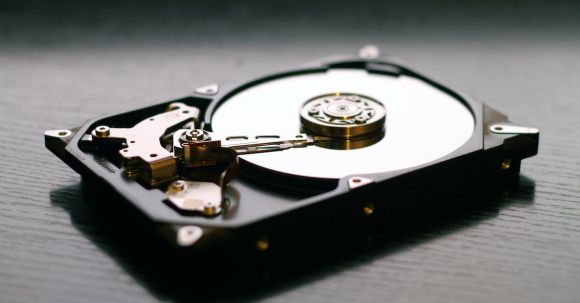In today’s digital age, data storage is a critical aspect of business operations and personal computing. As the amount of data we generate continues to grow exponentially, it is essential to have reliable and efficient storage solutions in place. There are various types of data storage solutions available, each with its own set of advantages and disadvantages. In this article, we will explore the pros and cons of different types of data storage solutions.
Cloud Storage
Cloud storage is a popular choice for many individuals and businesses due to its convenience and accessibility. With cloud storage, data is stored on remote servers and can be accessed from anywhere with an internet connection. One of the main advantages of cloud storage is its scalability – you can easily increase or decrease your storage capacity as needed. Additionally, cloud storage offers automated backups, ensuring that your data is safe and secure. However, relying on cloud storage means that you are dependent on an internet connection, and there may be concerns about data privacy and security.
External Hard Drives
External hard drives provide a physical storage solution that can be easily connected to your computer via USB or other interfaces. They offer large storage capacities at an affordable price and are portable, allowing you to carry your data with you wherever you go. Another advantage of external hard drives is that they do not require an internet connection to access your data. However, external hard drives are susceptible to physical damage and can be lost or stolen, resulting in potential data loss. They also require manual backups, which can be time-consuming.
Network-Attached Storage (NAS)
NAS is a storage device that is connected to a network and provides storage space for multiple computers. It allows for centralized data storage and sharing, making it ideal for small businesses or households with multiple users. NAS devices offer high-performance storage and can be easily expanded to accommodate growing storage needs. Additionally, NAS devices often have built-in redundancy features, ensuring that your data is protected from hardware failures. However, NAS devices can be expensive compared to other storage solutions, and they require some technical knowledge to set up and maintain.
Solid-State Drives (SSDs)
SSDs have gained popularity in recent years due to their fast performance and reliability. Unlike traditional hard drives, which use spinning disks to store data, SSDs use flash memory technology. This results in faster data access and transfer speeds, making SSDs ideal for tasks that require quick data retrieval, such as gaming or video editing. SSDs are also more durable than traditional hard drives since they have no moving parts. However, SSDs are generally more expensive than traditional hard drives and have limited storage capacities in comparison.
Conclusion
In conclusion, there are various types of data storage solutions available, each with its own set of advantages and disadvantages. Cloud storage offers convenience and scalability but raises concerns about internet dependency and data security. External hard drives provide affordability and portability but can be susceptible to physical damage and require manual backups. NAS devices offer centralized storage and redundancy but can be expensive and require technical expertise. SSDs provide fast performance and durability but are more expensive and have limited storage capacities. When choosing a data storage solution, it is essential to consider your specific needs and weigh the pros and cons of each option.




